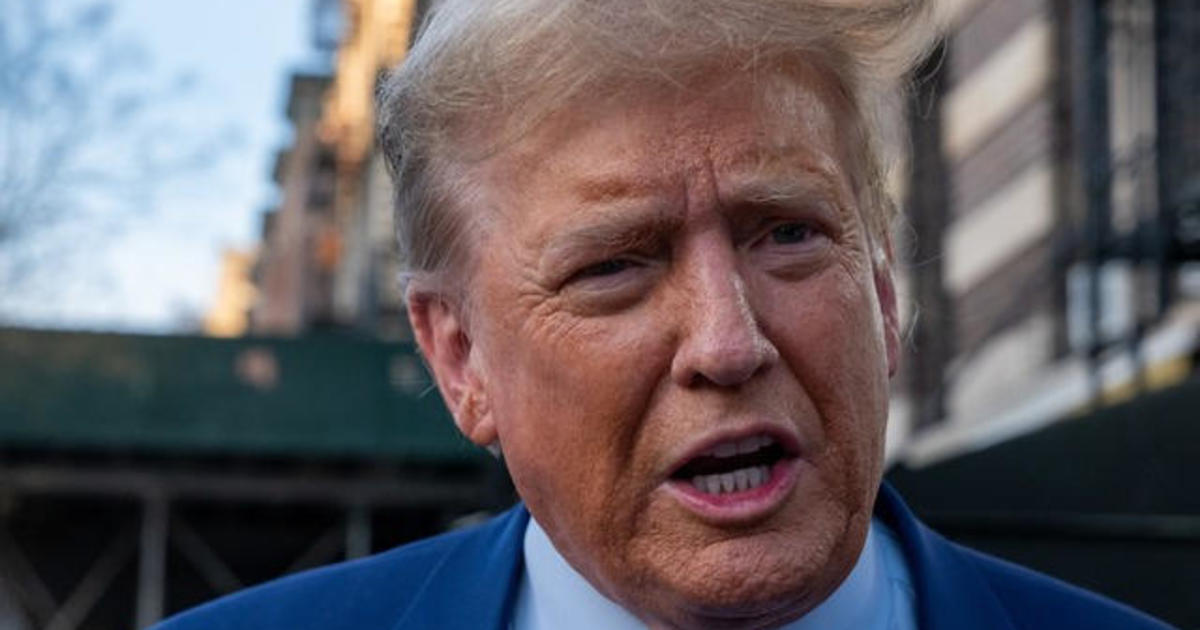Can Trump's corporate tax cuts help the middle class?
Taxes may be inevitable, but how businesses and workers react to the tax code isn't always predictable.
Take President Donald Trump's pledge this week to cut corporate taxes to 15 percent from their current 35 percent. In a speech in Missouri on Wednesday, Mr. Trump said a lower business tax rate would not only create jobs, but raise wages and help the average worker.
"We must reduce the tax rate on American businesses so they keep jobs in America, create jobs in America and compete for workers right here in America," he said. "Because when businesses compete for labor, your wages will go up."
While Mr. Trump's speech was billed as laying the groundwork for tax reform later this year, his proposal was short on details, which experts say makes it difficult to gauge how his plan might work. Yet on the face of it, a drastic cut to corporate taxes may not provide the type of benefit to the middle-class worker that Mr. Trump suggests.
"It's the old trickle-down economics: If we reward the owners, perhaps they will provide more jobs, and there is no guarantee that will happen," said Martin Sullivan, chief economist at Tax Analysts, a nonpartisan publisher of tax information and research. "A more efficient approach is, 'For every person you hire, we'll give you a tax credit of $10,000.' That would be a real incentive for job creation."
Sullivan added that Mr. Trump's speech was what he called "Cheez Doodle tax reform" because of the lack of details. He added, "It's great for parties, but as for nutrition, there's nothing there."
Mr. Trump didn't detail how lawmakers would offset the lost revenue from lower corporate taxes, which could cost the country trillions over 10 years. It's possible that lawmakers would add new taxes -- such as a consumption tax to offset those lost corporate taxes -- that would undermine efforts to help middle-class Americans.
As for whether lower corporate tax rates create new jobs, some experts say there's not enough evidence to support that idea. The left-leaning Institute for Policy Studies calls the idea a "myth," noting that corporations already enjoy much lower effective tax rates, thanks to loopholes and tax breaks.
IPS examined 92 publicly traded U.S. companies with an effective federal tax rate of 20 percent to check their record on job creation. Their thinking was large companies with low effective tax rates should be prolific job creators, based on the logic that corporate tax cuts freed businesses to hire new workers.
Yet the IPS found those companies ended up shrinking their workforces by 1 percent over the last nine years, while the private sector as a whole grew their workforces by 6 percent.
So where did the extra corporate profits end up? Many companies used the extra funds on stock buybacks, which helps shareholders and executives, they found.
Nevertheless, lowering the corporate tax rate could help businesses, even if it doesn't end up in workers' pockets, Sullivan of Tax Analysts said. He noted that he's been an advocate of lowering the corporate tax rate because it will encourage U.S. corporations to keep their profits within the U.S., rather than shifting them offshore.
Fortune 500 companies now hold about $2.6 trillion in offshore cash, which leads to billions in lost federal taxes, according to the Institute on Taxation and Economic Policy. A set of earlier tax reform proposals from Mr. Trump would likely most benefit the richest 1 percent of Americans, the group added.
"Assuring working people that top-heavy tax cuts will eventually trickle down is not a sound way to make public policy," wrote Steve Wamhoff, senior fellow for federal tax policy at ITEP, in a blog post.
As far as increasing employment and wages, the Trump administration should consider other levers to pull instead of slashing corporate taxes, Sullivan said.
"There's a whole array of methods for increasing employment that has nothing to do with taxes," he said. "If you are really concerned about increasing employment, fund the type of education and job training that works in Germany. If you have a problem, attack it directly."



